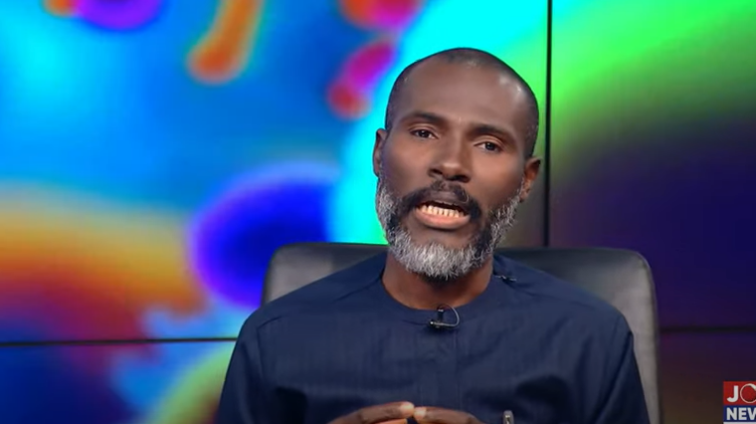The head of Monitoring and Evaluation at the Ministry of Health, Dr Eric Nsiah–Boateng, is advocating that the government leverage bilateral relations to secure additional funding to support the fight against non-communicable diseases (NCD).
Speaking on the JoyNews 'National Dialogue on "NCD - The Silent Killer', he said that globally, it was a challenge fighting these diseases according to reports from the United Nations High Commissioner for Refugees (UNHCR).
He argued that even in Ghana, the biggest challenge was funding; hence, if the government wants to tackle the problem, it must seek support from its bilateral relations.
“The previous policy, one of the biggest challenges was funding, it was a major issue. We couldn’t get money to implement most of the activities that we did.
"The global community is also recognising the importance of this [NCDs]. So we want to leverage on the bilateral arrangements that we have with our partner countries to get funding support apart from the local ones that we have,” he said.
In the interim, he said the government was using the Nation Health Insurance Scheme to finance some costs of NCDs.
He said this was to help reduce the burden of individuals suffering from the diseases.
Meanwhile, the Ghana Health Service in the Ashanti region is set to launch a door-to-door screening and awareness campaign to combat non-communicable diseases (NCDs), which health experts warn are quietly claiming lives.
“We want to create this awareness about screening. We will go to the doorsteps of everybody. The institutions, churches, markets, lorry stations, schools to alert them and create awareness so they understand the dangers,” said Lydia Owusu Ansah, Regional Coordinator for NCDs.
According to Madam Lydia, a significant proportion of the population affected by these conditions are between 20 and 40 years old, with young people being particularly vulnerable, which is a cause for concern. The region is grappling with a high burden of 20,000 cases of non-communicable diseases.
Madam Lydia emphasises that the initiative will be an ongoing effort, not a one-time event, aiming to make early detection a daily priority.
Latest Stories
-
Gold Fields Ghana Foundation challenges graduates to maximize benefits of community apprenticeship programme
17 mins -
GBC accuses Deputy Information Minister Sylvester Tetteh of demolishing its bungalow illegally
29 mins -
Boost for education as government commissions 80 projects
40 mins -
NAPO commissions library to honour Atta-Mills’ memory
51 mins -
OmniBSIC Bank champions health and wellness with thriving community walk
52 mins -
Kora Wearables unveils Neo: The Ultimate Smartwatch for Ghana’s tech-savvy and health-conscious users
57 mins -
NDC supports Dampare’s ‘no guns at polling stations’ directive
59 mins -
Police officer interdicted after video of assault goes viral
1 hour -
KNUST’s Prof. Reginald Annan named first African recipient of World Cancer Research Fund
1 hour -
George Twum-Barimah-Adu pledges inclusive cabinet with Minority and Majority leaders
2 hours -
Labourer jailed 5 years for inflicting cutlass wounds on businessman
2 hours -
Parliament urged to fast-track passage of Road Traffic Amendment Bill
2 hours -
Mr Daniel Kofi Asante aka Electrician
2 hours -
Minerals Commission, Solidaridad unveils forum to tackle child labour in mining sector
2 hours -
Election 2024: Engagement with security services productive – NDC
2 hours

